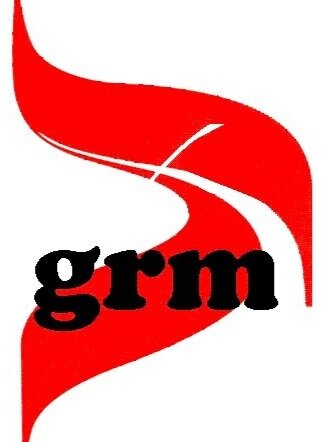ARE YOU SAFE? (Post 132)
FRIDAY, AUGUST 7
Post 132
Are You Safe: PHYSICALLY? Part 1 of Series: Are You Safe?
For more than half a year now, we have heard the question and admonitions: Are you safe? Be safe! Stay safe! The realities of COVID 19 have reminded us to practice living safely: wash your hands, wear a mask, keep a safe six feet distance from others in public. ALL good and life-saving advice! Still there continue to be baffling challenges with new scientific discoveries about the peculiarities of this global pandemic. Ever-present vigilance and safe lifestyle practices must be our guards … no matter where, when, who, and how!
August’s Post 132 begins a three-month series on Personal Safety & Addiction: Physical, Emotional, and Spiritual Safety. Basically, recovery from addiction is grounded in all three elements of one’s own safe-keeping. Then too, as a person enters recovery, (s)he starts to experience the beginnings of economic recovery and safety. By the way, both Gamblers Anonymous and Gam-Anon have excellent budget relief programs that have proven to be extremely helpful in attaining economic safety.
This month’s focus centers on physical safety. How can one be physically safe from gambling addiction? Often, a person in recovery has told me that during the gambling days (and nights), his/her car seemed to drive itself to the casino! Commonly then, recovering persons find other routes to take in order to stay clear of favorite gambling sites. They buy gas at stations with no lottery outlets. They heed the Gamblers Anonymous advice to not test or tempt oneself.
The following guidelines are words of wisdom to both persons with gambling problems and those who are low-risk gamblers. They are separately listed for obvious reasons!
PERSONS WITH GAMBLING DISORDER OR WHO HAVE GAMBLING PROBLEMS:
NOTE: The following is from the Gamblers Anonymous pamphlet “Suggestions for Coping with Urges to Gamble” which can be ordered from the GA website: www.gamblersanonymous.org (This is a terrific resource detailing safe practices for persons struggling with addiction urges.)
Don’t go in or near establishments where gambling is available – including websites!
Don’t look at anything that will remind you of gambling [news sports sections, advertisements]
Don’t associate with people who gamble
Avoid … conversations about gambling
Carry only the bare minimum amount of money that you need for the day
If possible, have paycheck direct-deposited or put someone you trust in charge of your finances
Another of GA’s guidelines is to eliminate any financial sources such as credit, debit, and ATM cards
PERSONS WHO ARE LOW-RISK GAMBLERS
NOTE; “Low-risk gamblers understand that while they may get lucky from time to time, over the long-run they are likely to lose money. They know that games of chance work that way… For them, a gambling loss is only the cost of a day’s entertainment, just like the cost of a movie ticket or a restaurant bill.” (Office of Problem Gambling, California Dept. of Alcohol & Drug Program) The following guidelines are, also, from California’s Office of Problem Gambling.
Decide on a loss limit ahead of time and stick to it
Never borrow money to gamble
Set a limit on the amount of time [to gamble]
Take breaks frequently
Balance gambling with other activities
Only gamble with money set-aside for entertainment, never money needed for everyday expenses
Do not gamble when stressed, depressed, or troubled
Finally, the International Gambling Counselor Certification Board’s website htpps://www.igccb.org contains a new section Resources for Coping with COVID 19. Accessible directly from IGCCB’s website, are three free webinars about implementing teletherapy. Two are addressed to therapists; and one is client-oriented with instructions for preparing to receive online therapy (see below). Additionally, the COVID 19 Resource page lists Creative Ideas for Coping with Confinement, Hotlines, and Online Recovery Meetings.
BE SAFE!
Blessings,
Rev. Janet Jacobs, CCGSO
Founding Director
Gambling Recovery Ministries
855-926-0761
For more information on the IGCCB Clergy/Lay Minister Certification visit:
From IGCCB’s Resources for Coping with COVID 19:
https://personcenteredtech.com/tmh/clients (Online therapy preparation for clients) https://gambling.easywebinar.live/replay (Jody Bechtold telehealth webinar) https://youtu.be/dYUEjIFtT8E (Jody Bechtold telehealth webinar).
For more information on gambling disorder and recovery issues, go to:
www.indianaproblemgambling.org
